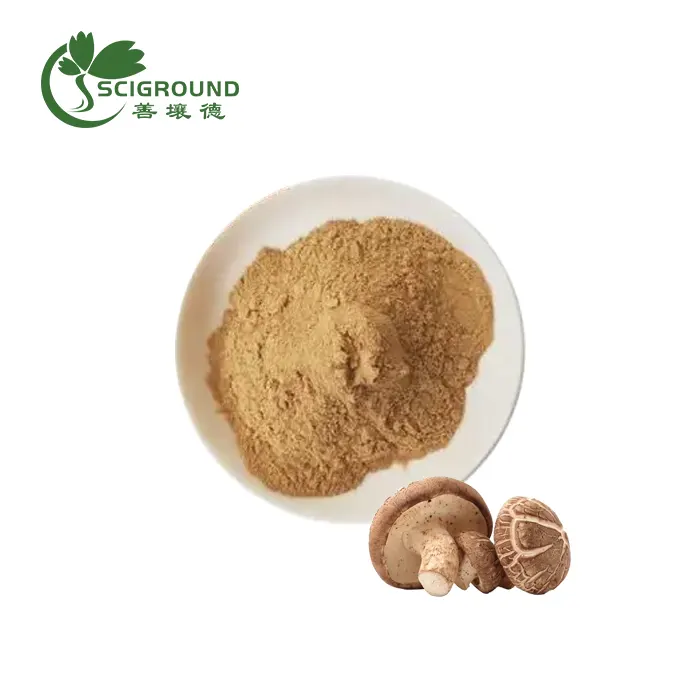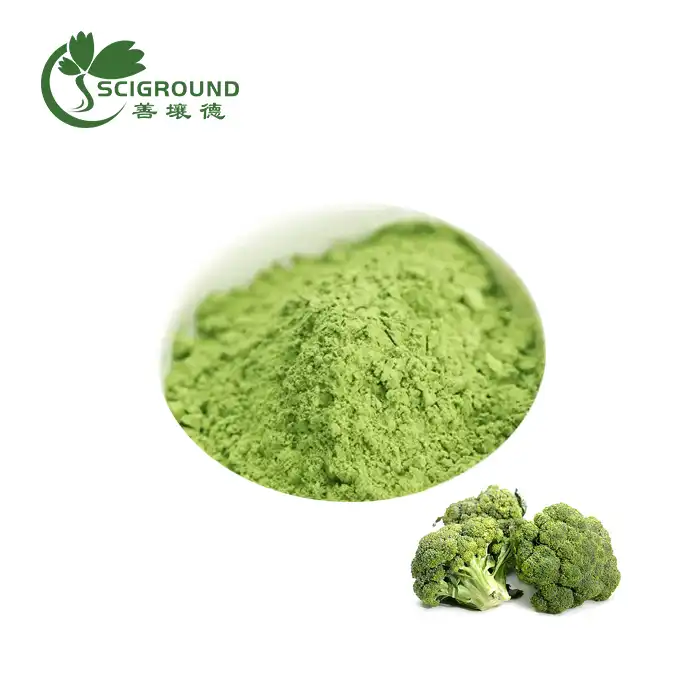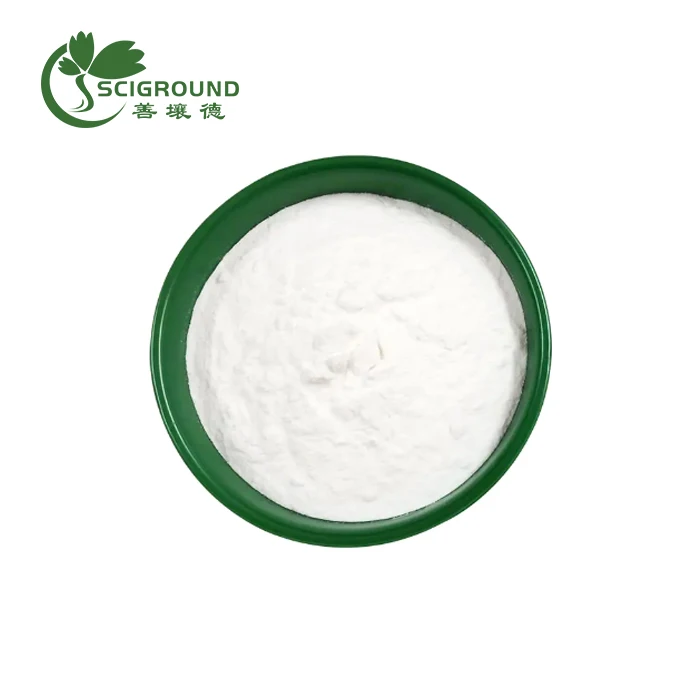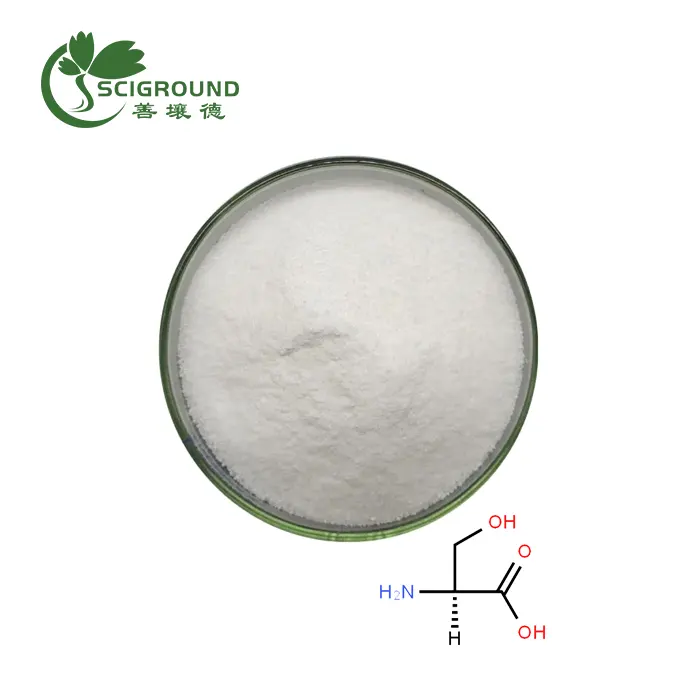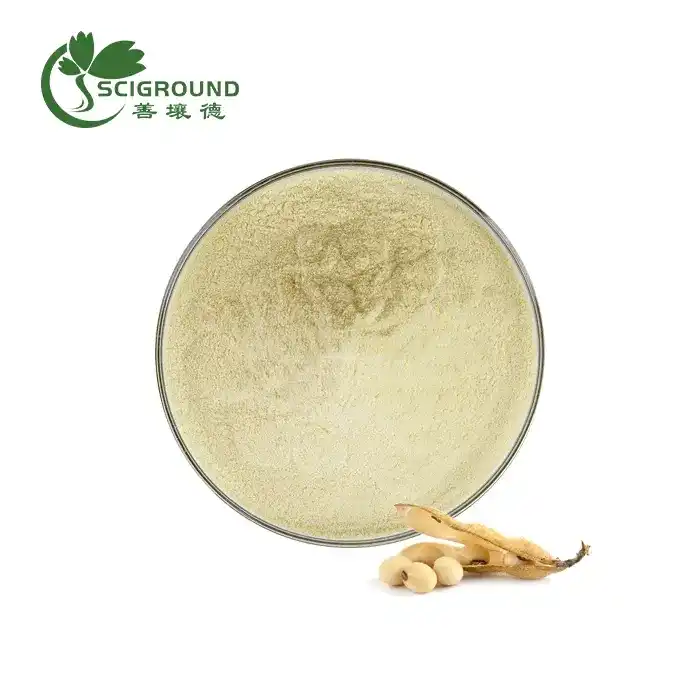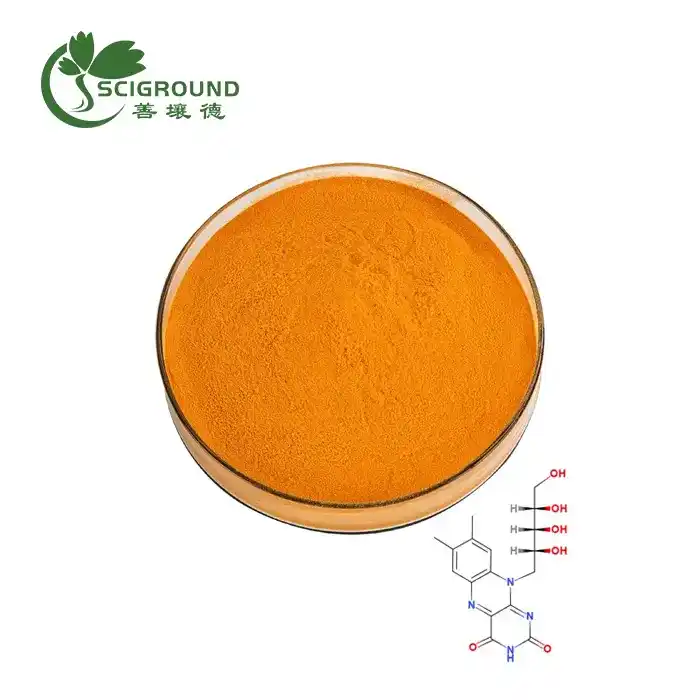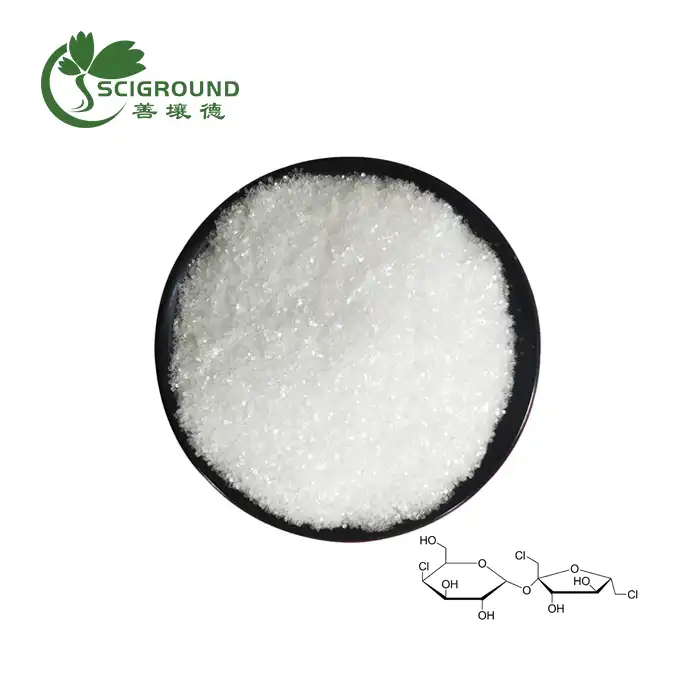What is ajuga turkesterone?
Ajuga turkesterone, derived from the Ajuga turkestanica plant, has been gaining significant attention in the fitness and bodybuilding communities. This naturally occurring compound belongs to a class of substances called ecdysteroids, which are known for their potential anabolic properties. In this comprehensive guide, we'll explore the nature of ajuga turkesterone, its benefits, and its impact on hormonal balance.
Is Turkesterone a natural hormone?
Turkesterone is not a hormone in the traditional sense, but rather a phytoecdysteroid - a plant-based compound that shares structural similarities with insect molting hormones. Unlike synthetic anabolic steroids or SARMs (Selective Androgen Receptor Modulators), turkesterone is entirely natural, extracted from the roots of the Ajuga turkestanica plant.
This natural origin is one of the key reasons for turkesterone's growing popularity among fitness enthusiasts. It's considered a safer alternative to synthetic performance enhancers, as it doesn't interfere with the body's natural hormone production.
Interestingly, turkesterone doesn't interact with androgen receptors in the same way that anabolic steroids do. Instead, it's believed to stimulate estrogen beta receptors in cells. This unique mechanism of action allows turkesterone to potentially produce anabolic effects similar to testosterone without disrupting the body's natural testosterone production.
The Advantages of Taking Turkesterone
Turkesterone has piqued the interest of many in the fitness world due to its purported benefits. While more research is needed to fully understand its effects, early studies and anecdotal evidence suggest several potential advantages:
Enhanced Lean Muscle Growth
One of the primary reasons athletes and bodybuilders turn to turkesterone is its potential to promote lean muscle growth. It's thought to stimulate muscle protein synthesis - the process by which your body builds new muscle proteins. This could lead to increased muscle mass over time, especially when combined with resistance training.
Turkesterone may also act as an anabolic agent, promoting the development of lean muscle tissue while simultaneously reducing the breakdown of muscle proteins. This dual action could result in a net gain in muscle mass, making it an attractive option for those looking to build strength and size.
Improved Muscle Recovery
Another significant benefit attributed to turkesterone is its potential to accelerate muscle recovery. Intense workouts often lead to muscle damage, resulting in soreness and reduced function. Turkesterone may help mitigate this by reducing exercise-induced muscle damage and inflammation.
Some research suggests that turkesterone possesses anti-inflammatory properties, which could help alleviate the inflammatory response that typically follows intense exercise. By reducing inflammation and oxidative stress, turkesterone might contribute to quicker recovery times and allow for more frequent, high-intensity training sessions.
Enhanced Exercise Performance
Many users report improved strength, endurance, and overall physical performance when supplementing with turkesterone. While the exact mechanisms aren't fully understood, these effects may be related to turkesterone's adaptogenic properties.
Adaptogens are substances that help the body adapt to physical and psychological stressors. By potentially reducing the impact of stress on the body, turkesterone might allow individuals to push harder during workouts without experiencing excessive fatigue or overtraining symptoms.
Additionally, some studies suggest that turkesterone might increase intramuscular ATP levels. ATP is the primary energy currency of cells, and higher levels could translate to improved endurance and strength during workouts.
Potential Fat Loss
While not its primary benefit, some users report that turkesterone may assist in fat loss efforts. This could be an indirect result of increased muscle mass (as muscle tissue burns more calories than fat tissue) and improved workout performance leading to more calories burned during exercise.
Does Ajuga turkestanica increase testosterone?
Contrary to what some might assume, Ajuga turkestanica and its extract turkesterone do not directly increase testosterone levels. This is actually one of the key differences between turkesterone and traditional anabolic steroids.
Instead of boosting testosterone production, turkesterone works by optimizing hormonal levels and anabolic pathways in favor of muscle growth and healthy testosterone production. It's believed to work synergistically with the body's natural processes rather than overriding them.
This mechanism of action is particularly appealing because it means turkesterone doesn't suppress the body's natural testosterone production. Many anabolic steroids, while effective for muscle growth, can lead to a shutdown of natural testosterone production, causing various side effects and requiring a complex post-cycle therapy.
Turkesterone, on the other hand, is considered "natty" or natural in the bodybuilding community. It works within the body's natural systems, potentially enhancing muscle growth and performance without the risk of hormonal imbalances often associated with synthetic anabolic compounds.
The Science Behind Turkesterone
The exact mechanisms by which turkesterone exerts its effects are still being studied. However, current research suggests that it may work by:
- Enhancing mRNA translation efficiency, leading to increased protein synthesis
- Improving leucine uptake into muscle cells, further supporting protein synthesis
- Increasing nitrogen retention in muscles, which can prevent muscle breakdown during exercise
- Potentially boosting the production of insulin-like growth factor, a hormone crucial for muscle growth and recovery
These mechanisms collectively contribute to an anabolic environment in the body, promoting muscle growth and recovery without directly altering testosterone levels.
Safety and Side Effects
One of the most appealing aspects of turkesterone is its apparent safety profile. Unlike anabolic steroids, which can cause a range of side effects from acne to liver damage, turkesterone appears to be well-tolerated by most users.
However, it's important to note that long-term studies on turkesterone in humans are limited. While short-term use appears safe, more research is needed to fully understand any potential long-term effects.
As with any supplement, it's crucial to consult with a healthcare professional before starting turkesterone, especially if you have any pre-existing health conditions or are taking other medications.
Conclusion
Ajuga turkesterone represents an exciting development in the world of natural performance enhancers. Its potential to promote muscle growth, enhance recovery, and improve overall athletic performance without the drawbacks of traditional anabolic steroids makes it an attractive option for many fitness enthusiasts.
However, it's crucial to approach turkesterone, like any supplement, with a balanced perspective. While early research and anecdotal evidence are promising, more comprehensive human studies are needed to fully understand its effects and optimal usage.
Remember, supplements should always be used in conjunction with a well-planned diet and exercise regimen. They're not magic bullets, but rather tools that can potentially enhance your efforts in the gym and kitchen.
As research continues to evolve, we'll undoubtedly learn more about the potential benefits and applications of ajuga turkesterone. For now, it remains an intriguing option for those seeking natural ways to support their fitness goals.
References
- Dinan, L. (2001). Phytoecdysteroids: biological aspects. Phytochemistry, 57(3), 325-339.
- Bathori, M., Toth, N., Hunyadi, A., Marki, A., & Zador, E. (2008). Phytoecdysteroids and anabolic-androgenic steroids--structure and effects on humans. Current medicinal chemistry, 15(1), 75-91.
- Gorelick-Feldman, J., Maclean, D., Ilic, N., Poulev, A., Lila, M. A., Cheng, D., & Raskin, I. (2008). Phytoecdysteroids increase protein synthesis in skeletal muscle cells. Journal of agricultural and food chemistry, 56(10), 3532-3537.
- Syrov, V. N. (2000). Comparative experimental investigation of the anabolic activity of phytoecdysteroids and steranabols. Pharmaceutical Chemistry Journal, 34(4), 193-197.
- Parr, M. K., Botrè, F., Naß, A., Hengevoss, J., Diel, P., & Wolber, G. (2015). Ecdysteroids: A novel class of anabolic agents?. Biology of sport, 32(2), 169-173.
- Slama, K., & Lafont, R. (1995). Insect hormones--ecdysteroids: their presence and actions in vertebrates. European Journal of Entomology, 92, 355-377.
If you're interested in learning more about ajuga turkesterone or want to explore our high-quality Ajuga Turkestanica Extract Powder, don't hesitate to reach out. Contact us at info@scigroundbio.com for more information or to place an order. Our team of experts is ready to assist you in finding the perfect supplement to support your fitness journey.
Related Industry Knowledge
- How it works with ambroxol hydrochloride
- Does L-theanine really work for anxiety?
- Is safflower extract safe?
- How does Polygala work?
- How Long Does Inulin Stay in Your System
- What does L-theanine do to your body?
- What is the best form to take cordyceps?
- Popato Protein: The Secret to Health and Fitness!
- Power up Your Health with Vitamin B5 Powder!
- Is Capsaicin Good For You?
